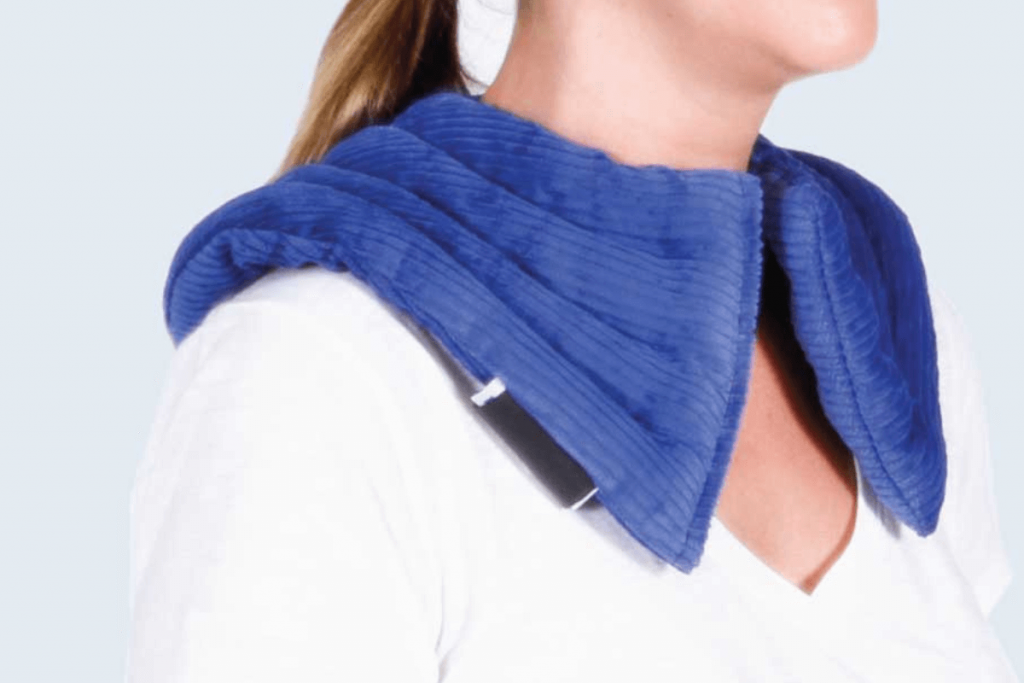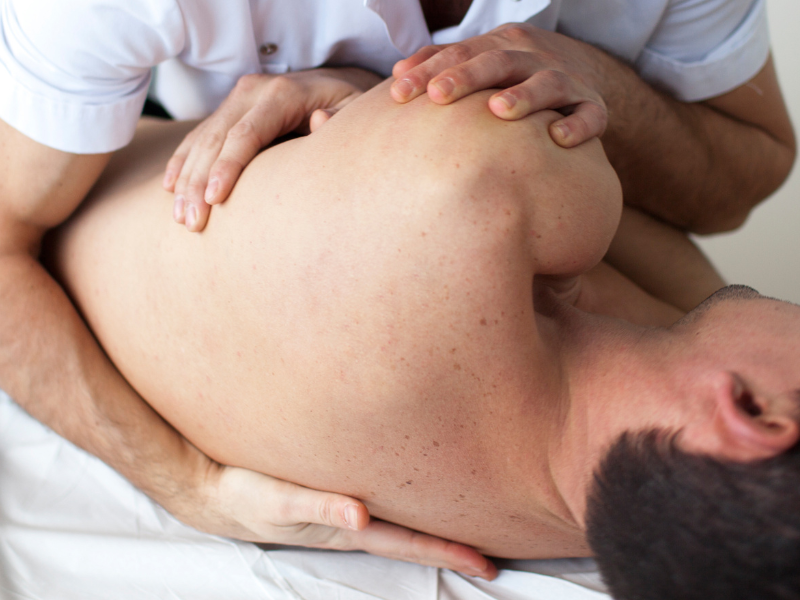After a rigorous workout, it's common to experience muscle soreness and pain. Heat therapy can help!
While cold packs are often used to alleviate these symptoms, heat packs can also be beneficial. In this article, we will explore the benefits and drawbacks of using heat packs after a workout session, as well as which sports may benefit most from heat therapy.
What are heat packs and how do they work?
Heat packs, also known as hot packs or heating pads, are devices that produce heat to relieve pain and muscle soreness. Heat packs work by increasing blood flow to the affected area, which can help to relax tight muscles and alleviate pain. Heat can also help to reduce stiffness and improve range of motion.

When should I use heat packs?
Heat packs are best used for chronic muscle pain or stiffness. They should not be used on acute injuries or areas of swelling, as this can exacerbate the problem. Heat packs are also not recommended for people with certain medical conditions, such as diabetes or hypertension. Always consult with your healthcare provider before using heat packs.
What sports would benefit from heat therapy?
Any sport that involves repetitive motions or high-impact activities could benefit from heat therapy. This includes running, cycling, weightlifting, tennis, and more. Heat therapy can also be beneficial for sports that involve stretching, such as yoga or Pilates.
What are the pros and cons of using heat packs after a workout?
Pros:
- Heat can help to reduce muscle soreness and stiffness
- It can also improve the range of motion and flexibility
- Heat can promote relaxation and reduce stress
- It can be a natural, drug-free way to relieve pain
Cons:
- Heat should not be used on acute injuries or areas of swelling
- It may not be effective for everyone
- Overuse of heat packs can lead to burns or tissue damage
- People with certain medical conditions should not use heat packs
Heat packs can be a beneficial tool for relieving muscle soreness and pain after a workout. However, they should be used appropriately and under the guidance of a healthcare provider. Always consult with your provider before using heat packs, especially if you have any medical conditions or concerns. While heat therapy may not be effective for everyone, it can be a natural, drug-free way to alleviate muscle pain and improve flexibility.

Why use cold packs?
Cold packs, also known as ice packs, are effective in reducing inflammation and swelling, which are common causes of pain after a workout. When applied to the affected area, cold packs constrict blood vessels, which decreases blood flow and slows down the inflammatory response. This reduces swelling and pain and can speed up the recovery process.
When to use cold packs?
Cold packs are best used immediately after a workout or injury. Applying cold packs within the first 24 to 48 hours of an injury or workout can help to reduce inflammation and speed up the recovery process. However, cold packs should not be used for extended periods of time or on areas with poor circulation, as this can lead to tissue damage.
Should I use an ice pack on my knees after running or other knee-high-impact exercises?
Yes, ice packs can be particularly effective in treating knee pain after running or other knee-high-impact exercises. These types of activities can cause inflammation in the knee joint, which can lead to pain and discomfort. Applying a cold pack to the affected area can help to reduce inflammation and alleviate pain.
Why use Therapeutic Pillows Heat Packs and Ice Packs?
Heal Your Muscles Naturally with Lupin Heat Therapy Our all-natural Lupin Heat Packs are designed to provide therapeutic hot or cold therapy to whichever part of your body needs it. Handmade in Australia using 100% natural Australian lupins, our lupin packs retain heat better than traditional wheat bags and wheat heat packs, are allergy and odour free, and are not treated with any chemicals or fungicides. They heat quickly in the microwave for a heat pack or can be frozen in the freezer for a cold pack. With a range of different shapes and sizes available, there is a lupin suitable for every part of the body!
Using a therapeutic pillow Lupin Heat Pack after a workout session can provide natural and effective pain relief. The heat produced by the lupin pack can help to increase blood flow to the affected area, which in turn can help to relax tight muscles and alleviate pain. The use of 100% natural Australian lupins also ensures that the heat pack is safe and non-toxic. Additionally, the allergy and odour-free nature of the lupin pack means that it is suitable for use by people with sensitive skin or allergies. With a range of shapes and sizes available, a Lupin Heat Pack can be used on any part of the body to provide targeted pain relief. Whether you're a runner, weightlifter, or tennis player, a Therapeutic Pillows Lupin Heat Pack can help you heal your muscles naturally.
Do you want to learn more? Read our Frequently Asked Questions for...
Cold therapy, also known as cryotherapy, has been widely used for its potential benefits in reducing pain and inflammation. When applied to the affected area, cold therapy can help constrict blood vessels, which in turn may reduce swelling and numb the area, providing temporary relief. This therapy is commonly used for various conditions, such as sprains, strains, and post-surgical recovery.
While cold therapy can be effective in managing pain and inflammation, it is important to note that its effectiveness may vary depending on the individual and the specific condition being treated. Some people may find significant relief from cold therapy, while others may experience only minimal benefits. It is always recommended to consult with a healthcare professional to determine if cold therapy is suitable for your specific needs and to ensure proper application and duration of treatment.
Cold therapy can be a helpful approach to managing pain and inflammation. However, its effectiveness may differ from person to person. Consulting with a healthcare professional is crucial to determine if cold therapy is appropriate for your condition and to receive guidance on its proper use.
 0
0 0
0Hot and cold therapy can be easily done at home to help relieve pain and promote healing. To begin with cold therapy, you can apply a cold pack or ice wrapped in a thin cloth to the affected area for about 15-20 minutes. This can help reduce inflammation, numb the area, and alleviate pain. Remember to always have a barrier between the ice and your skin to prevent ice burns.
For hot therapy, you can use a heating pad, hot water bottle, or a warm towel. Apply the heat to the affected area for around 15-20 minutes. Heat therapy helps increase blood flow, relax muscles, and relieve stiffness. Ensure the heat is not too hot to avoid burns, and always use a cloth or towel as a protective layer.
It's important to note that hot and cold therapy may not be suitable for everyone or every condition. If you have any concerns or underlying health issues, it's best to consult with a healthcare professional before trying these therapies at home.
 0
0 0
0








